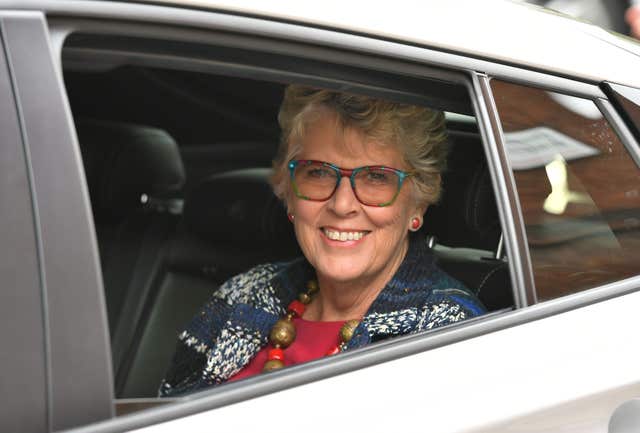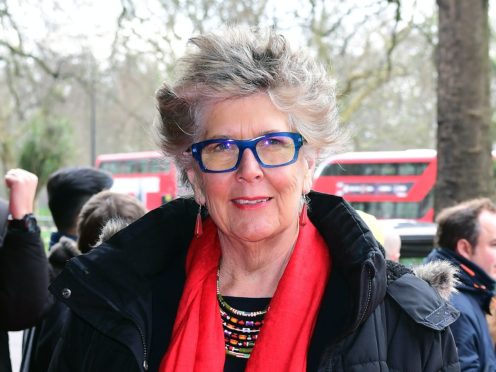Prue Leith has said that the UK is “the most unbelievably class-ridden country”.
The Great British Bake Off judge, 80, told the Radio Times she was shocked by the class divide when she moved to England from South Africa.
She told the magazine: “In South Africa there’s a racial divide, and that was terrible.

“But when I came to England, I couldn’t believe the gradations of class.
“People were looked down on for saying ‘toilet’.”
Leith added that there is a “nervousness about stepping out of your class” in the UK, adding: “I remember people saying, ‘You shouldn’t have ideas above your station’.
“You bloody well should!”
Leith said she “can’t bear” to hear her own voice because it sounds “posh”.
She added that she thinks there is also a class divide in the diets of people in the UK.

“I think it’s true that, generally, educated people have a better life because they know more stuff and they know how to do things,” she said.
Leith, who said she never buys ready meals or takeaways, added: “I can make a really cheap meal with cabbage, bacon, onion and garlic.
“The people who most need to feed their children nutritiously and cheaply because they haven’t got much money are the ones that have the least education about cooking and food.”
– The full interview is in Radio Times magazine, out now.
